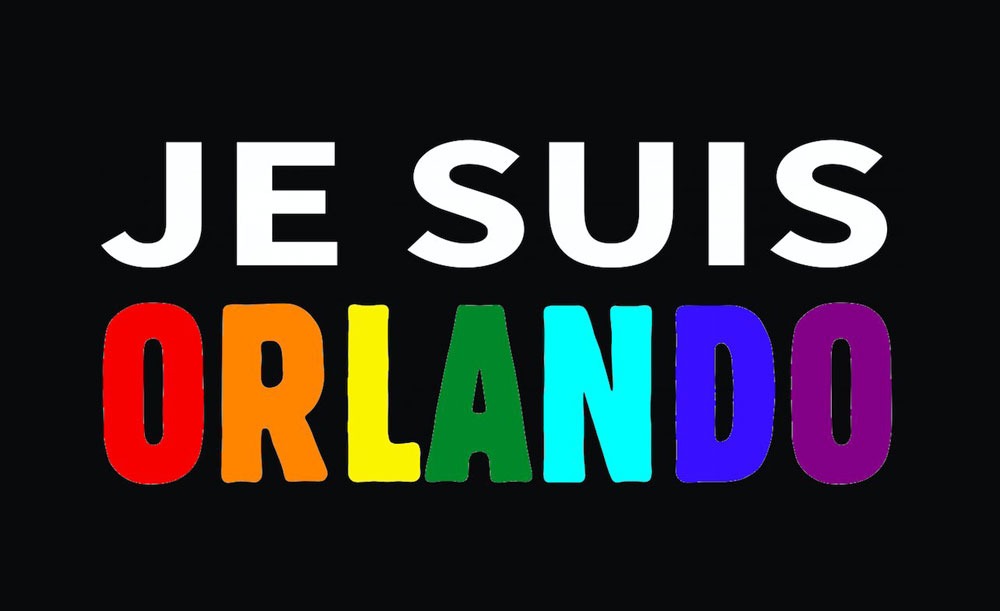
August 13, 2019; Orlando Sentinel
In the wake of the Pulse nightclub shooting three years ago in Florida, the onePULSE Foundation was established to memorialize those who died. But even as the organization moves forward with plans for a museum, a small but growing part of the community is showing resistance. Some worry the nonprofit’s approach is exploitive and inappropriate—in fact, some even think the site should be razed.
“What they’re doing makes [the site] a mockery rather than somewhere you can reflect and have peace,” said Norman Casiano, a 29-year-old survivor of the attack who said he is still dealing with intense pain from gunshots to his lower back and the anguish of losing two friends.
“They’re talking about a theme-park environment where you buy memorabilia…. I would love to see the actual Pulse club completely torn down. If something needed to be made on the site, have it be a remembrance garden with beautiful trees and flowers.”
The Community Coalition Against a Pulse Museum came together at the end of July, after calls for accountability began to surface. Some of those calls were for an audit, which is now posted on the organization’s site, but it is unclear how helpful that will be in calming the troubled waters, since it reveals that Barbara Poma, the foundation’s CEO and the nightclub’s former co-owner, is listed with a salary of $110,000 even as she and her husband are being sued for negligence by some survivors.
“She’s making a hefty salary off my son’s death,” said Christine Leinonen, whose son, Christopher “Drew” Leinonen, was killed in the shooting.
Sign up for our free newsletters
Subscribe to NPQ's newsletters to have our top stories delivered directly to your inbox.
By signing up, you agree to our privacy policy and terms of use, and to receive messages from NPQ and our partners.
The city of Orlando had wanted to buy the site for a memorial it would control, but Poma went back on an agreement she’d made to sell. “I had learned that other memorials and museums were not done by municipalities,” Poma said. “I had done some research and realized that Oklahoma City was done by a foundation, by a nonprofit, that was not the government, even though it was a government building and they had partnerships with municipalities.”
Poma explained that the club itself was launched in tribute to her brother, who died of AIDS almost 30 years ago. About the memorial, she observes, “I loved Pulse. I loved the community I served and knew. It was a community I was part of for so long…it’s something I knew I was called to do.”
Leinonen has asked the city council to intervene in any profit-making off the site by declaring eminent domain over it. “These [young survivors] can’t afford their co-pays, they’re not getting PTSD therapy, and meanwhile you’re profiting, and you want an admission-charging, souvenir-selling, tour-bus-visiting hate museum.”
Orlando mayor Buddy Dyer has so far demurred, saying, “The onePULSE Foundation has spent more than two years researching and developing a community-driven and focused process to create a permanent space for remembrance and reflection that honors the 49 innocent lives that were taken.”
Leah Shephard, the foundation’s COO, in talking about the extensive research they had done with similar projects around the country, said, “The greatest gift they gave us was…they told us how messy this was going to be, how complicated this was going to be, how emotional this was going to be. Nobody sold us on this with the idea it was going to be all unicorns and rainbows to build a memorial and museum based on a tragedy where people were murdered.”
But Casiano can’t look at the situation in terms of generalities. Over the last three years of his recovery, as his family suffered the aftermath of that terrible night, he has been watching the foundation do what it does. Now, he says, “I can’t stay quiet anymore.”—Ruth McCambridge













